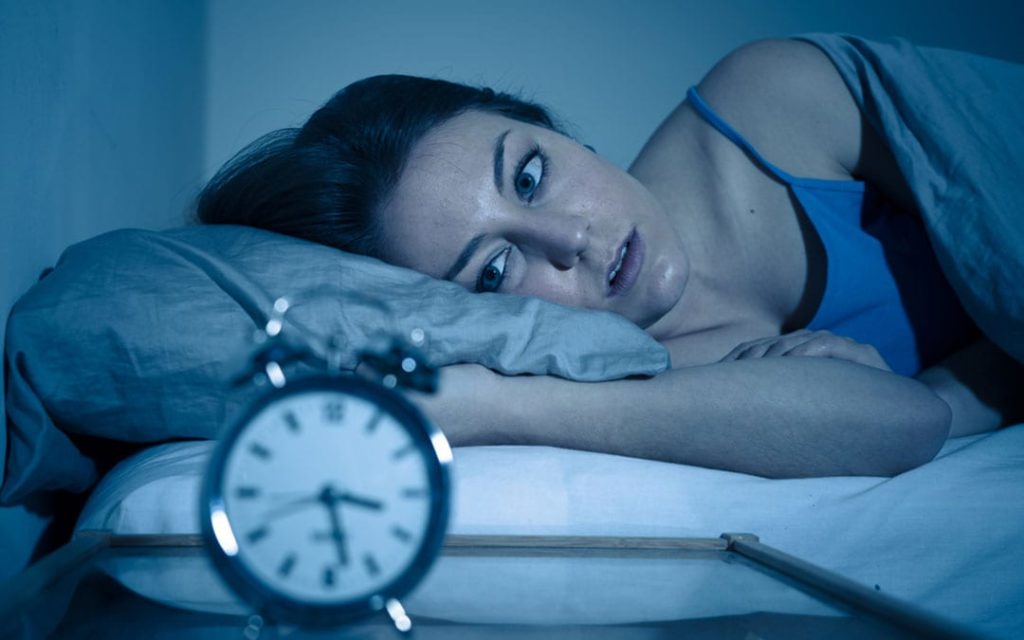We all know how important sleep is to us and how we feel the next day after a less-than-satisfying night’s sleep.
It is frustrating when slumber evades you, leaving you staring at the ceiling. The more you try to sleep and time ticks by, the more the pressure can grow as you feel morning fast approaching.
Many things can affect our sleep, from an uncomfortable bed or noisy environment to stress or excitement. So, what are the things to do when you can’t sleep?
First of all, it is essential to be kind to yourself and not get discouraged if you are not fast asleep as soon as your head hits the pillow. A 2022 UK sleep survey by Panda London showed that 18.4% of the people surveyed took between 15-30 minutes to fall asleep; taking a little time to nod off is entirely normal.

Worry and Stress
Negative thoughts can pop into your head if you are stressed or worried. Try to put those thoughts aside until the morning. Think about something positive instead of dwelling on the things you cannot change at this moment.
Too Hot or Too Cold
The ideal temperature for sleeping is between 60 –67 degrees Fahrenheit, which is actually quite cool rather than hot.
If you wake because you are too hot, remove a blanket or sheet from the bed, and use lighter, breathable bedding, which is a little lighter and will prevent overheating. Alternately open a window or door slightly if possible, and a safe thing to do. Once you cool down, you should be able to find sleep again.
If you are too cold, try adding another layer to your bed that can be easily removed if you begin to get too hot.
When is it Time to Get Up?
If you have been trying to get to sleep for over 30 minutes, get up and do a relaxing activity like reading, journaling or stretching. This will help you to relax and cool down. Avoid any tech or TV, which is more likely to stimulate your brain and make sleep difficult. After 30 minutes, you should be relaxed and ready for a good night’s sleep.
Turning Off
It can be easy to drift off to sleep without turning off the lights or the television. However, these can stimulate the brain and make you more likely to wake up. So, when you wake, turn off all the lights and sounds to create a quiet space without distractions.
Noises
Living in a city or noisy area can make sleeping difficult, especially if there are many distracting noises. Playing white noise in the background can help keep you focused on something other than the noise outside, enabling you to relax into a restful sleep.

Counting Sheep
It can be easy to lie in bed, focusing on the lack of sleep you are getting and the time that is ticking by. However, focusing on this is unlikely to help you relax, which is probably why countless people have been told to count sheep. Sheep are not the answer, but by distracting your brain and thinking about something other than your lacking sleep. You can allow your brain to wind down gently, and for you to get some well-earned rest.
As we have seen, there are many things to do when sleep becomes elusive, which may help you fall into a restful slumber. The most important things to do are to relax, remove distractions, and try not to worry about sleeping, as this may make winding down difficult and mean that sleep will evade you for longer than necessary.






